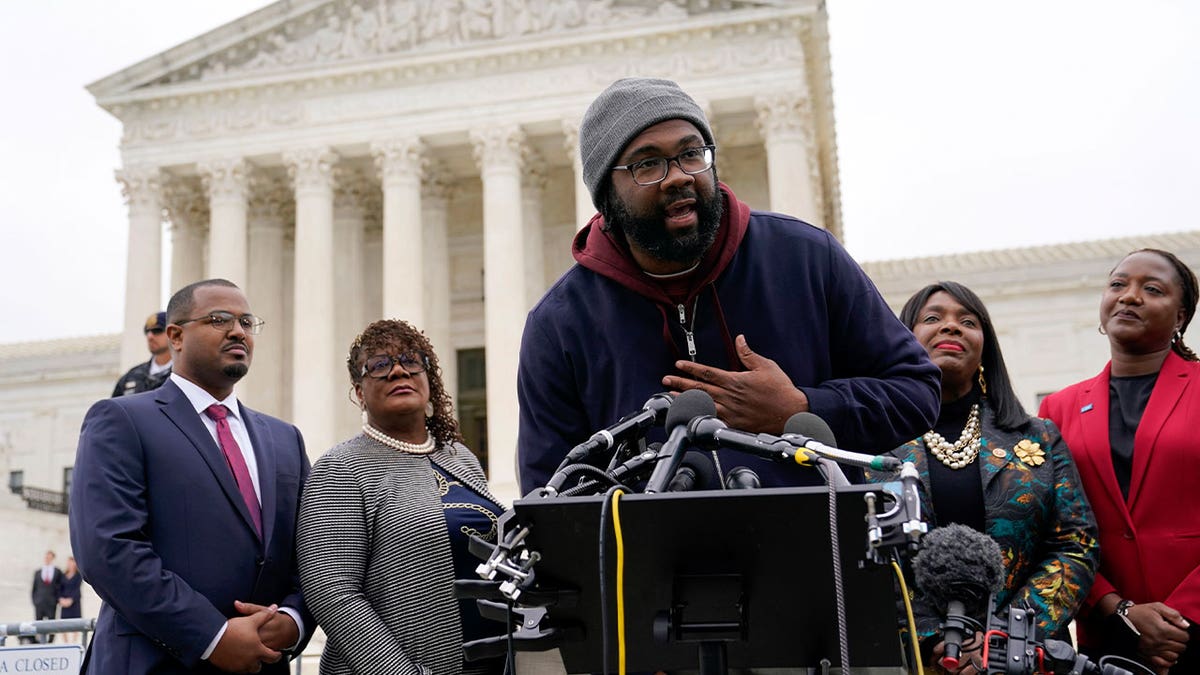Following a Supreme Court decision that deemed Alabama's current congressional districts likely in violation of the Voting Rights Act, state legislators reconvened on Monday to draft a revised map. The court mandated the creation of a second district with a majority Black population to ensure fair representation. While a group of plaintiffs who successfully challenged the state's map proposed a district where Black residents constitute 50.5% of the population, Alabama Republicans, who control the legislature, haven't committed to such a high percentage and are expected to unveil their proposal later today.
Federal judges overseeing the process have emphasized the need for a second district where Black voters have a substantial opportunity to elect their preferred candidate, though the specifics of the map remain contentious. The court's order requires the legislature to finalize a new map by the end of the week. This directive follows a Supreme Court ruling that upheld a lower court's decision, which found Alabama's existing map, with only one Black majority district out of seven, likely violated the Voting Rights Act, considering the state's demographics where over 25% of residents are Black.

The three-judge panel specified the need for two districts where Black voters either hold a voting-age majority or a proportion nearing it. The Supreme Court's decision was lauded by voting rights advocates as a step towards amplifying Black voters' voices in the state. Evan Milligan, the lead plaintiff, urged lawmakers to create a map that reflects fairness and historical context, emphasizing the importance of equal opportunities for future generations.
This ruling leads to the first major redrawing of Alabama's congressional districts since 1992 when the state was ordered to create its first majority-Black district, resulting in the election of the state's first Black member of Congress since Reconstruction. The district has been represented by a Black Democrat since then. The current redistricting effort is heavily influenced by partisan politics, with Republicans, who hold a majority in the state's elected offices, reluctant to create another Democratic-leaning district. Democrats, on the other hand, see the potential for gaining a seat or at least a more competitive district.
Alabama Attorney General Steve Marshall, representing the state in the lawsuit, argued that the plaintiffs' initial aim was a 'fair chance' to compete but now seek a guaranteed Democratic victory in two districts. He accused the plaintiffs of proposing a map based on racial voting stereotypes. Joe Reed, chairman of the Alabama Democratic Conference, encouraged lawmakers to compromise with the plaintiffs, highlighting that either the legislature draws an acceptable map or the court will do it for them, predicting the inevitable creation of two majority-Black districts.
Comments(0)
Top Comments